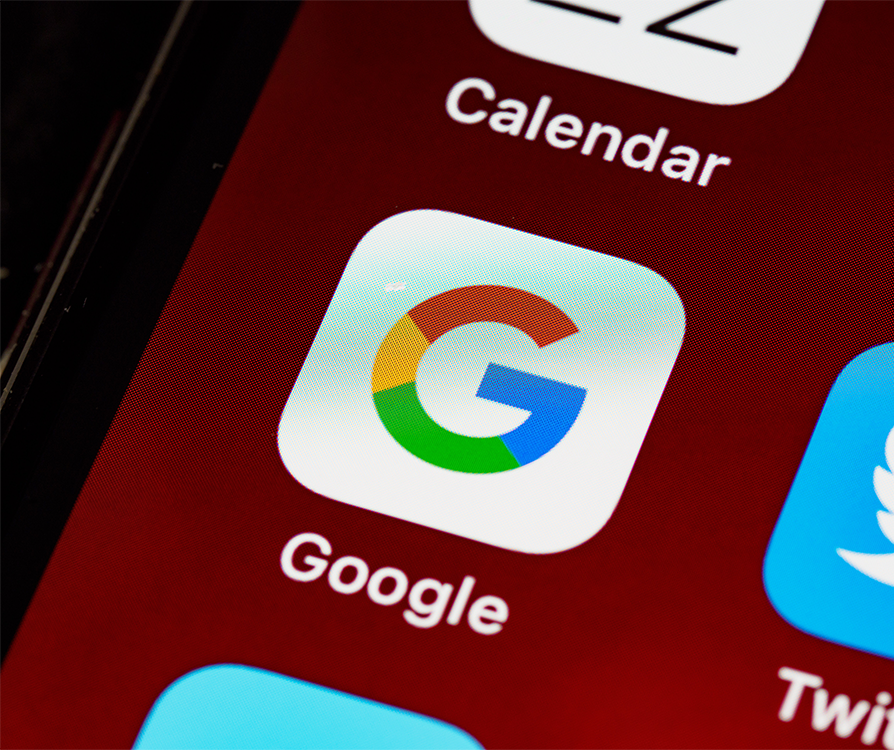Last year, Apple released restriction changes to user’s privacy settings. As a user, this was relieving to know that we now have the choice if companies can access our data rather than it being tracked without our consent. When it comes to marketing however, this is problematic because personalized advertisements heavily rely on tracking and targeting user data. In order to sell to you personally, advertisers need to know about you and the main way they do this is through your data, specifically your online behavior such as what products you have bought in the past and what stores you visit digitally. Statistically, about 1/7th of the world uses Apple products so this data restriction change was kind of a big deal for marketers and even some advertising firms had to close down as a result. Marketers have been trying to find a substitute for seeking this information ever since but marketers were still able to track data through electronic devices like androids and PC’s, until now.
Google recently announced it is planning to implement a similar restriction to android users data. More specifically, Google is “developing new privacy-focused replacements for its advertising ID, a unique string of characters that identifies the user’s devices” (Bursztynsky). This means that each user is tracked by advertisers using an identifying “nickname” made up of numbers and letters, so wherever this nickname shows up on a server, the advertiser knows the user has digitally been there. Google privacy restrictions will help change that nickname so it cannot be associated with the user, therefore protecting their privacy.
With cookies disappearing, Apple’s privacy restrictions and now this, marketers are really going to have to get creative when it comes to personalized advertising. It is not just marketers that this affects though, social media has become a form of personalized data so big companies like Meta are also impacted by this restriction change. For example, Meta suffered a $232 billion blow to their market cap (a company’s total worth in stocks) in a single day which pushed the company’s overall value down to $600 billion when this value was equivalent to $1 trillion just last June. Even though Facebook fought against the changes when Apple made them last year, Facebook is surprisingly voicing its support in favor of Google’s announcement of its similar plan. This is because Google is approaching the change with a collaborative mindset so Facebook does not feel so much like the rug is being pulled out from under them like they did with Apple. Graham Mudd, Vice President of Product Marketing, Ads and Business at Facebook was quoted saying ‘“It is encouraging to see this long-term, collaborative approach to privacy-protective personalized advertising from Google…We look forward to continued work with them and the industry on privacy-enhancing tech through industry groups”’. Also, this privacy change from Google will be in the developing stage for the next couple of years so at least advertisers and big companies like Meta have time to find a replacement in the meantime. This trend of privacy changes is not going away anytime soon because it has even started to come up in the Legislature so be on the lookout for how marketers plan to get around it.
Sources
Bursztynsky, Jessica. “Google Plans Privacy Change Similar to Apple’s, Which Wiped $230 Billion off Facebook’s Market Cap.” CNBC, CNBC, 17 Feb. 2022, https://www.cnbc.com/2022/02/16/google-plans-android-privacy-change-similar-to-apples.html.
Cybart, Neil. “Apple’s Billion Users.” Above Avalon, Above Avalon, 31 May 2019, https://www.aboveavalon.com/notes/2019/5/30/apples-billion-users.







